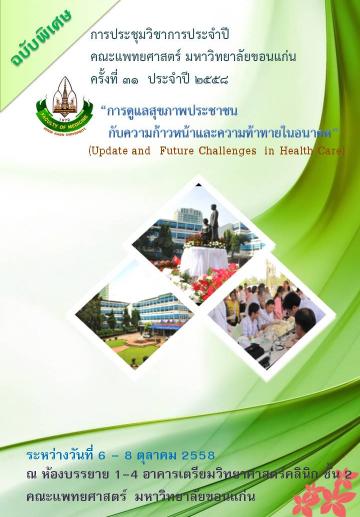Chronic Stress Induces Precocious Acrosome Reaction and Change of Testicular Tyrosine Phosphorylation
Keywords:
Chronic stress rats, Acrosome reaction (AR), Testicular tyrosine-phosphorylated protein, Steroidogenic acute regulatory (StAR) protein, CytochromeP450 (CYP11A1) proteinAbstract
Background and objective: Stress is a cause of male infertility. Although sperm qualities (count, motility, viability) were observed to be low in stress condition, sperm acrosome reaction (AR) has never been reported. Therefore, this study aimed to investigate the sperm AR status in epididymis and testicular markers in stress rats.
Methods: Male Sprague-Dawley rats were divided into control and stress groups (n = 7). In control group, rats were not immobilized while in stress group, animals were immobilized by restraint cage (4 h/ day) for consecutive 40 days. After the end of experiment, all reproductive parameters, testicular histology, and blood glucose levels were determined and compared between groups. Sperm AR status were examined by Coomassie blue staining. The expressions of testicular steroidogenic acute regulatory (StAR), cytochromeP450 (CYP11A1), and tyrosine-phosphorylated proteins were assayed by immuno-Western blotting.
Results: Compared to control, the results demonstrated that sperm concentration and sperm head normality of stress rats were significantly decreased. In contrast, AR and blood glucose level of stress rats were significantly increased as compared to control (p<0.05). Histological investigation showed that stress rats were found some atrophy of seminiferous tubules and low sperm mass in the epididymal lumen. In addition, the expressions of testicular StAR and CYP11A1 proteins in stress rats were decreased compared with control. Moreover, the expression of 55 kDa tyrosine-phosphorylated protein was markedly enhanced in stress group.
Conclusions: Stress induced precious AR and decreased steroidgenic machinery but increased the tyrosine phosphorylation of some testicular proteins. These findings could be used to explain some causes in depth of male infertility in chronic stress.




